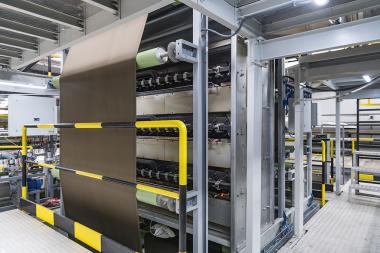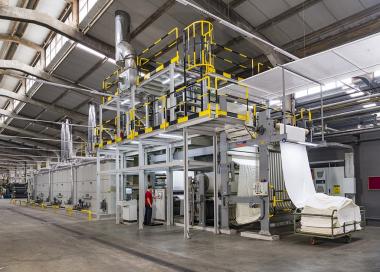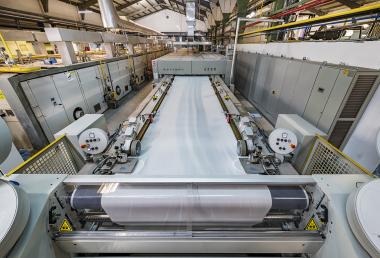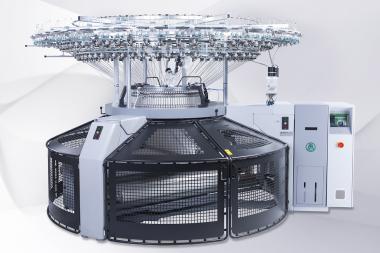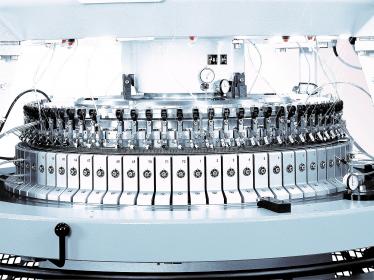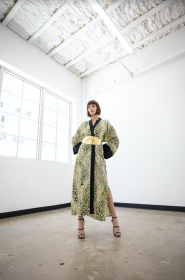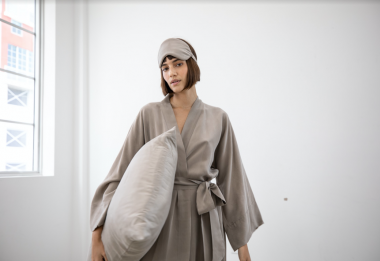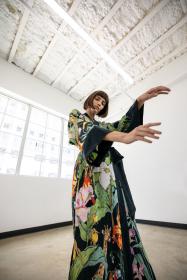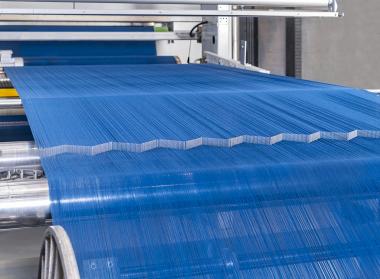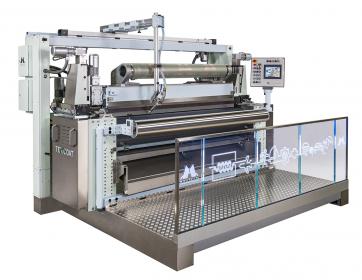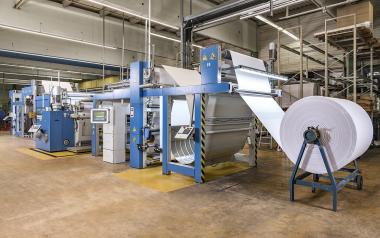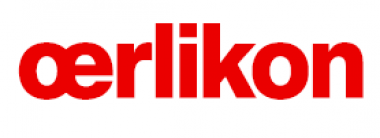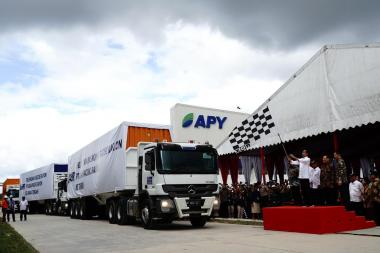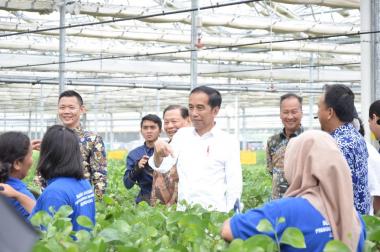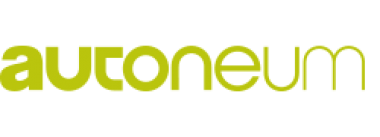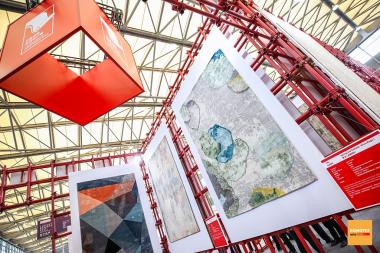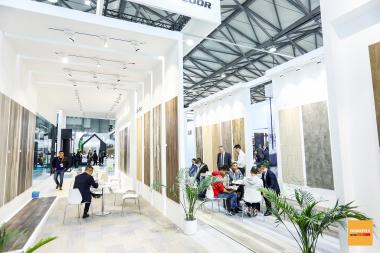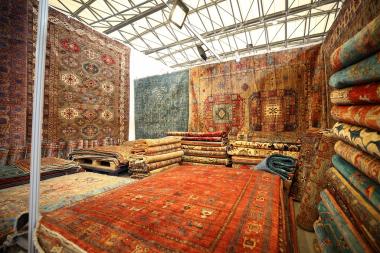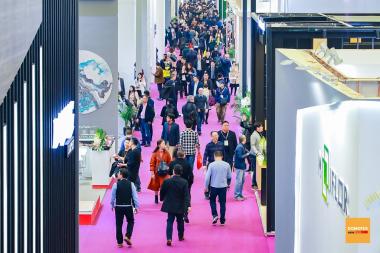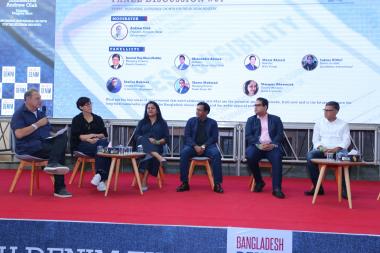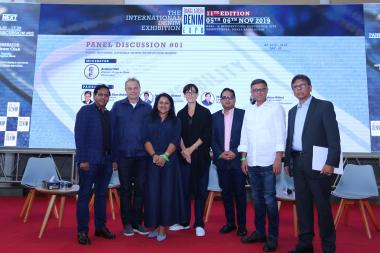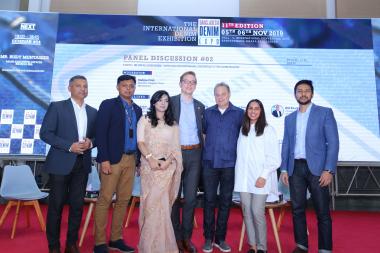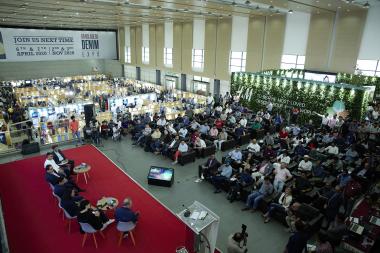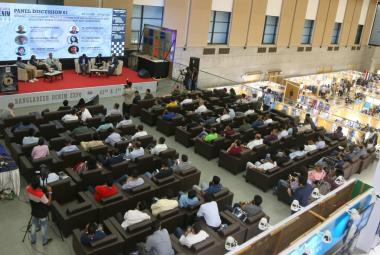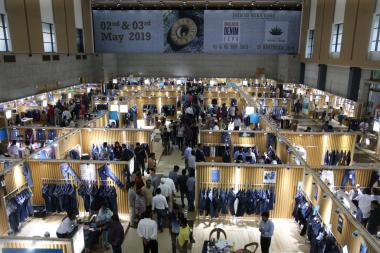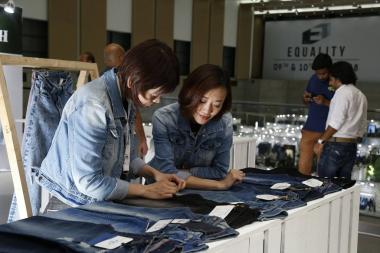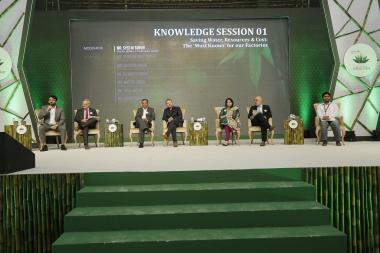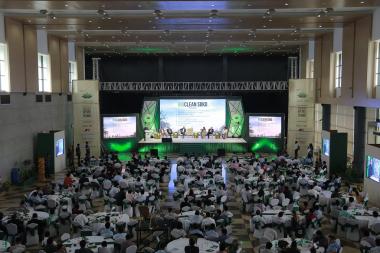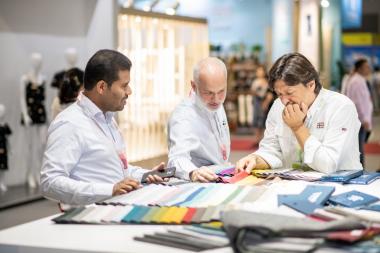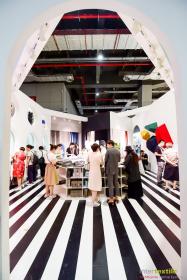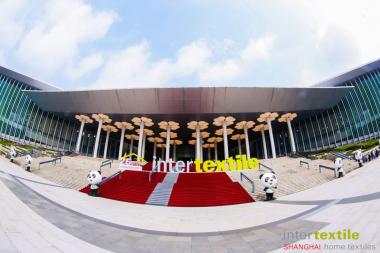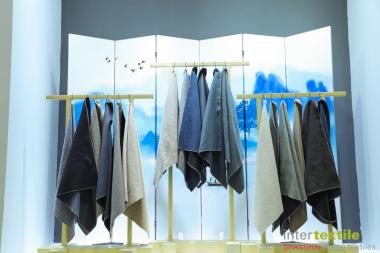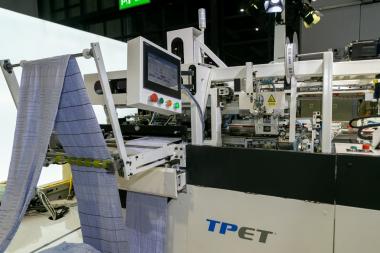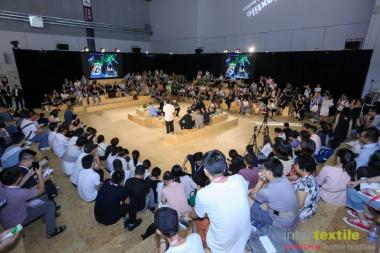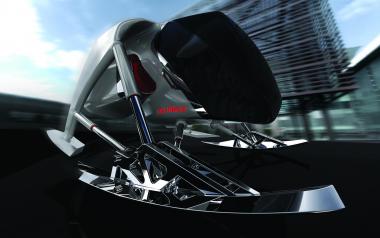Advanced Monforts automation is the key for Hamle
- Leading Turkish textile printing company Hamle has installed a new Monforts Thermex dyeing range as part of its ongoing strategy of continuous investment.
“Investment in new technology and capacity expansions are very important to us, in order to stay ahead in terms of sustainable, high quality production,” says general manager Gürkan Uzuner. “We carefully assess the benefits of each advanced new technology in order to thrive in a sector that is constantly changing.
“The Zara Group is a major European customer for us, along with well-known Turkish brands such as LCW and De-Facto, and it’s no accident that Çorlu, due to its proximity to Istanbul and the ease of supplying to Europe, has become the epicentre of Turkish textile production. The quality of textiles coming from the region is now very well proven.”
Integration
Hamle’s plant in Çorlu already houses a Monforts ten-chamber Montex stenter and two Monforts sanforizing ranges on which the company carries out an extensive range of finishing processes. The new Thermex range further integrates a number of processes on technology all from a single supplier. The Thermex universal hotflue for continuous dyeing, condensing and thermosoling achieves unrivalled reliability even at maximum fabric speeds, for exceptional cost-effectiveness when dyeing both large and small batches of woven fabrics. The new range installed for Hamle benefits from the Econtrol® process* for reactive dyestuffs. This is quick and economical one-pass pad-dry and wash off process, with drying in the hot flue at 120-130°C and controlled humidity (25-30% by volume) to obtain fixation in 2-3 minutes.
Econtrol® ensures excellent reproducibility of all colours, improved dye penetration on difficult fabrics and no risk of the browning of cotton or other cellulose fibres due to the low fixation temperature.
As such, it is the ideal process for fast change technology and operational savings. “The new Thermex range has some very advanced automation features which ensure our machine operators have full control over the entire system,” Mr Uzuner concludes. “ As the Monforts representative in Turkey, Neotek has been our solution partner in the installation and commissioning and has been with us every step of the way.
.
* Econtrol® is a registered mark of DyStar Colours Distribution GmbH, Germany.
AWOL Media for Monforts


